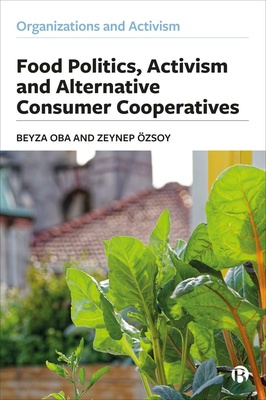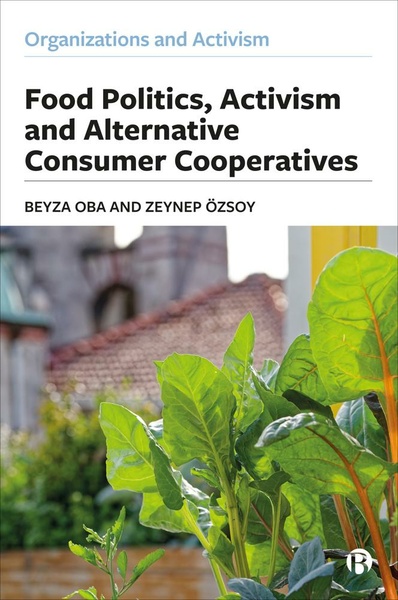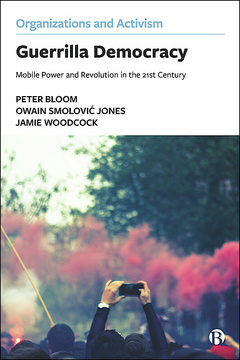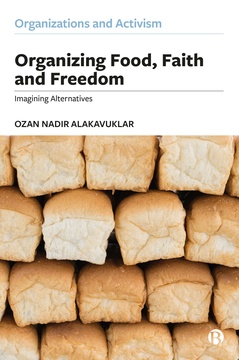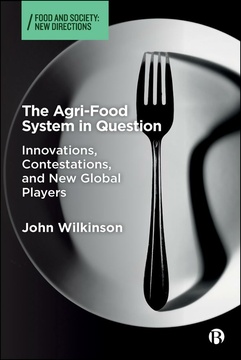Food Politics, Activism and Alternative Consumer Cooperatives
By Beyza Oba and Zeynep Özsoy
ISBN
978-1529220032Dimensions
234 x 156 mmImprint
Bristol University PressISBN
978-1529220049Dimensions
234 x 156 mmImprint
Bristol University PressISBN
978-1529220049Dimensions
234 x 156 mmImprint
Bristol University PressFollowing the global financial crisis of 2008, there has been significant interest among scholars and activists in alternative forms of organization that operate according to noncapitalist logic, including Alternative Consumer Cooperatives (ACCs).
Using the example of Turkey, where neoliberal economics combined with authoritarian politics formed conditions that have profound social and economic consequences, this book investigates ACCs as spaces for prefigurative food politics.
Offering a novel perspective on alternative forms of organizing, this book challenges the easy assumptions of what it means to be a scholar working on activism in the global north and shows how, through the foundational values of solidarity, reciprocity and responsibility, it is possible to create new and imaginative forms of politics and activism.
“How do Alternative Consumer Cooperatives challenge capitalist norms by uniting rural producers and the urban middle class against dominant food systems in a country governed by authoritarian neoliberal policies? Drawing from ample empirical evidence, Oba and Özsoy eloquently highlight the transformative potential of activist prefigurative practices for a just, ethical and inclusive organizing of our societies.” Ozan Nadir Alakavuklar, Utrecht University
"Food Politics, Activism and Alternative Consumer Cooperatives offers a compelling examination of Turkish ACCs as sites of radical social experimentation(...) this makes their work a significant contribution to the scholarship on alternative organizations." Organization
Beyza Oba is Professor of Organization Studies at İstanbul Bilgi University.
Zeynep Özsoy is Professor of Organization Studies and Dean of Business School at Altınbaş University.
Introduction: Experimenting with Direct Democracy
The Politics of Food: Alignment for Solidarity and Resistance
Against Neo-Liberalism and Authoritarianism: The Background to Food Politics in Turkey
Political Economy of Consumer Cooperatives in Turkey
Alternative Consumer Cooperatives in the Making of a Public Sphere
Experimenting with an Alternative to the Capitalist Food Provisioning System
The Governance of Alternative Consumer Cooperatives
Instead of a Conclusion
References







